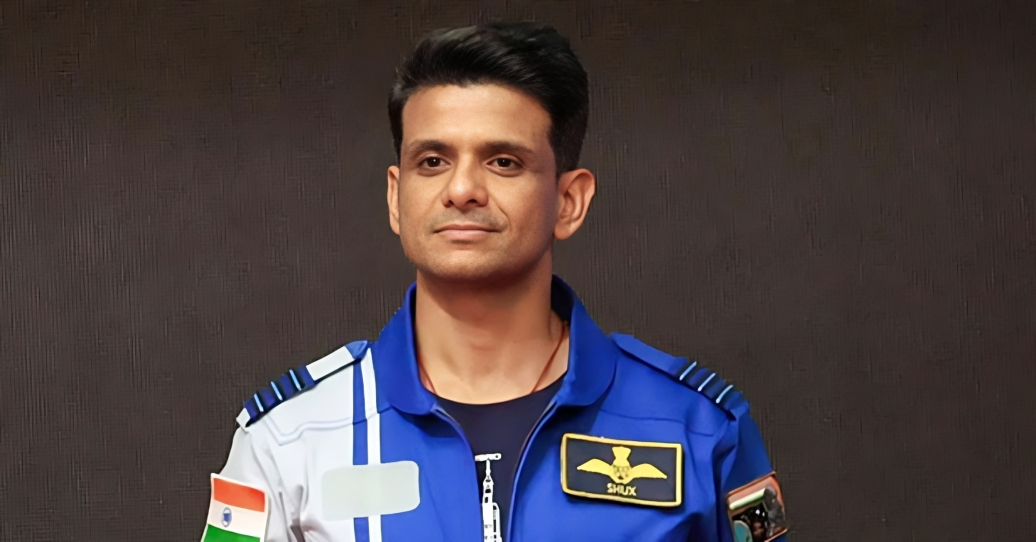Marking a historic leap in India’s space journey, Group Captain Shubhanshu Shukla is set to conduct groundbreaking food and nutrition experiments aboard the International Space Station (ISS) as part of the Axiom-4 mission. The announcement was made by Union Minister of State for Science and Technology Dr. Jitendra Singh, signaling India’s expanding footprint in space biotechnology and sustainable life support systems.
Serving as Mission Pilot for the Axiom-4 mission, Shukla will join a globally diverse team comprising Commander Peggy Whitson of the United States, Mission Specialist Sławosz Uznański-Wiśniewski of Poland, and Mission Specialist Tibor Kapu of Hungary—both representing the European Space Agency (ESA). The mission is expected to launch no earlier than June 8, 2025, from NASA’s Kennedy Space Center in Florida and will involve a 14-day stay aboard the ISS.
Central to Shukla’s role on the mission will be a series of advanced experiments focused on sustainable food sources for long-duration space travel. Emphasis will be placed on studying algae and spirulina—microorganisms known for their high nutritional value and ability to recycle carbon dioxide into oxygen. These experiments aim to tackle two of spaceflight’s critical challenges: ensuring astronaut nutrition and maintaining cabin air quality in closed-loop systems.
This initiative is a result of collaboration between the Indian Space Research Organisation (ISRO) and the Department of Biotechnology (DBT). Together, they have formed a Joint Working Group (JWG) to accelerate space biotech research. Under this framework, Indian scientists have developed indigenous biotech kits tailored for microgravity conditions. These kits will be deployed in orbit to support seven India-led experiments onboard the ISS.
Highlighting the broader mission impact, Dr. Jitendra Singh said, “This partnership between ISRO and DBT represents a major step toward creating self-reliant life support systems in space. The use of algae and spirulina can address both food security and environmental sustainability for space missions, with potential applications even on Earth.”
The Axiom-4 mission will feature more than 60 experiments involving scientists from 31 countries. For India, it holds special historical significance: Group Captain Shukla will become the first Indian to visit the ISS and the first Indian astronaut in space since Rakesh Sharma’s iconic mission in 1984. Shukla, one of ISRO’s four Gaganyaan astronaut-designates, has undergone extensive training at NASA to prepare for this international mission.
With India now taking part in the latest chapter of space innovation, the mission is expected to yield critical insights into biomanufacturing, life sciences, and long-term human habitation in space. It underscores the nation’s growing role in the global space community and its commitment to using science for the betterment of humanity—on Earth and beyond.













